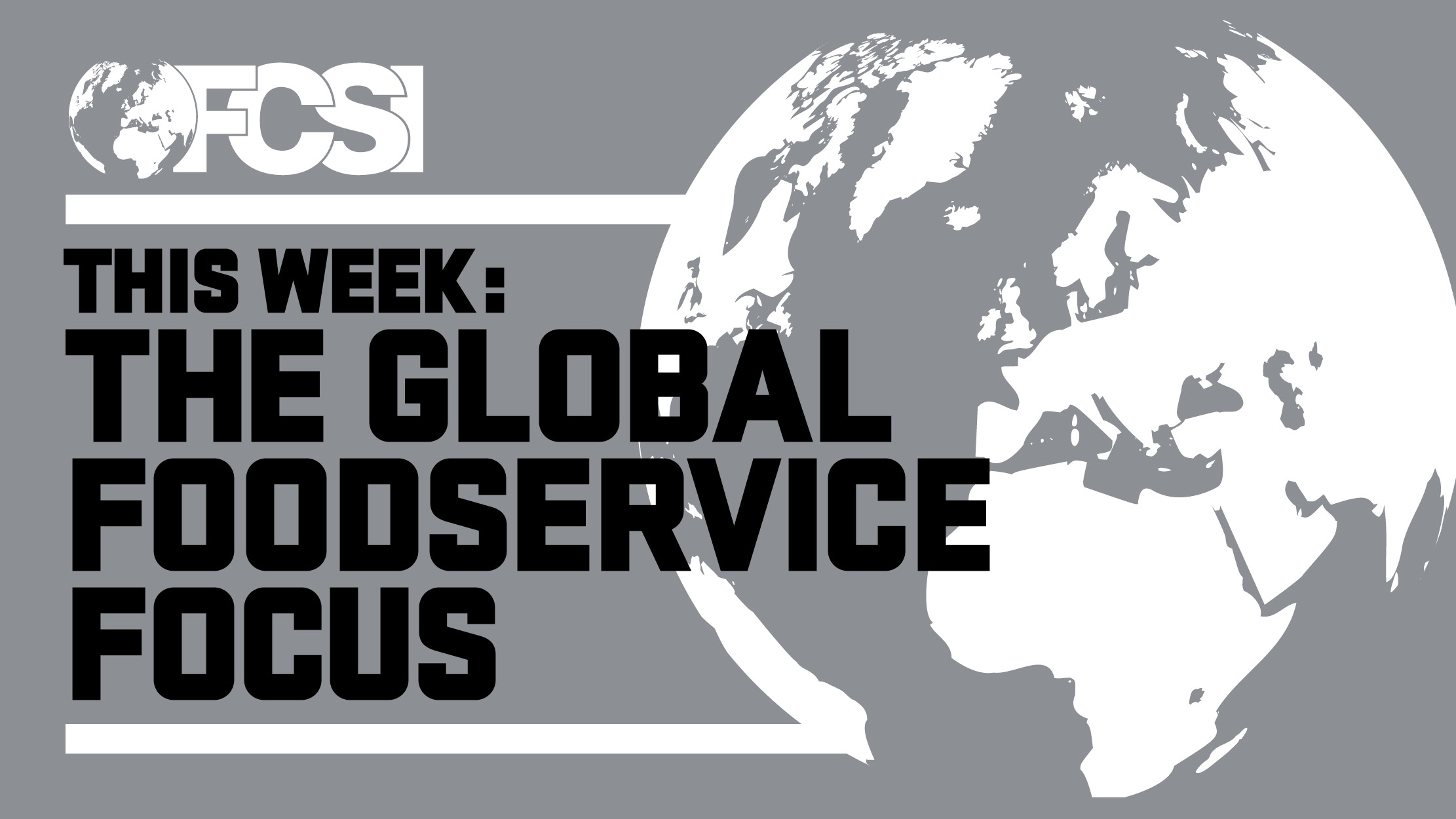
Asia Pacific
India’s Burger Company launches micro-QSR franchise format
Casual dining cafe The Burger Company has unveiled a new micro-quick service restaurant (QSR) model, PICO, aimed at lowering barriers to food entrepreneurship in India. With investment starting from Rs789,000 ($8.9k) and requiring a space of between 80ft² and 100ft², PICO demands 60-80% less capital than traditional QSRs. The franchise package includes kitchen equipment, branding, training and launch stock, and returns for franchisees are expected in 8 to 12 months. CEO Neelam Singh told ETHospitalityWorld the format could empower first-time entrepreneurs by addressing the ‘massive capital barrier’ that has been holding them back. Menus have been optimized using sales data to cut inventory costs by 40% and boost revenue per square foot.
Taiwan lawmakers push for plant-based meat in school meals
Legislators and non-profits in Taiwan are calling for reforms to the school lunch program to give plant-based meat a fairer role. While processed meats like ham and bacon are permitted once a week, vegan alternatives are discouraged as “overly processed.” Campaigners argue this double standard undermines climate goals and stigmatizes children who eat plant-based food. They say poorly designed menus and unappealing meals have led to food waste and low participation in meat-free days. Proposals include improving recipes and training for school chefs in plant-based catering, offering non-dairy milks, and creating a feedback system to make plant-based meals healthier, tastier and more widely accepted in schools.
The Americas
Tim Hortons partners with FLO on EV fast chargers
Tim Hortons has teamed up with EV charging company FLO to install fast chargers at 100 Canadian locations by 2028, starting with a site in Regina, Saskatchewan. Plans are underway for as many as 13 more outlets by the end of 2025 and 50 by 2026, with each site averaging four ports. Chief marketing officer Hope Bagozzi said the rollout will make Tim Hortons the largest restaurant provider of EV fast charging in Canada. FLO CEO Louis Tremblay described it as a “pivotal moment” for expanding reliable charging access. This project aligns with FLO’s collaboration with the Canada Infrastructure Bank (CIB), which has allocated $235m to support the addition of more than 1,900 public fast charging ports across the country.
Taco Bell rethinks AI drive-through after viral glitches
Taco Bell is reconsidering its use of AI-powered drive-throughs after videos of glitches ‒ including a man ordering 18,000 cups of water ‒ went viral. Since 2023, the chain has rolled out voice AI at more than 500 US locations, aiming to speed up service and reduce mistakes, but customers have reported repeated errors. Chief digital and technology officer Dane Mathews told The Wall Street Journal the company is “learning a lot” and will rethink where to use AI, acknowledging humans may handle busy periods better. Despite the issues, Taco Bell says its AI has successfully processed two million orders.
Europe, the Middle East and Africa (EMEA)
Wagamama owner among potential bidders for Costa Coffee
Costa Coffee could soon change hands again, with Sky News reporting that Coca-Cola is considering selling the UK’s biggest coffee chain less than seven years after buying it for £3.9bn. Apollo Global Management, the US investment group that owns Wagamama’s parent company, is among potential bidders and has held early talks with advisers. Analysts told Sky the sale could mean a multibillion-pound loss for Coca-Cola, with one source suggesting that Costa is now worth just £2b. The chain, founded by Sergio and Bruno Costa in 1971, operates more than 3,900 sites worldwide but reported a £9.6m loss in 2023.
UK-EU food trade deal set to reopen key markets and spur growth
British food businesses have welcomed a new UK-EU sanitary and phytosanitary (SPS) agreement set to cut red tape, speed up trade and add up to £5.1bn a year to the UK economy. The deal will remove most routine border checks and scrap costly Export Health Certificates, saving companies thousands of pounds per shipment. It will also reopen the EU market for products like fresh sausages, burgers, seed potatoes and some shellfish. Food security minister Daniel Zeichner said the agreement will make trading with the EU both easier and cheaper and spur growth that the whole country will benefit from.
Elly Earls
